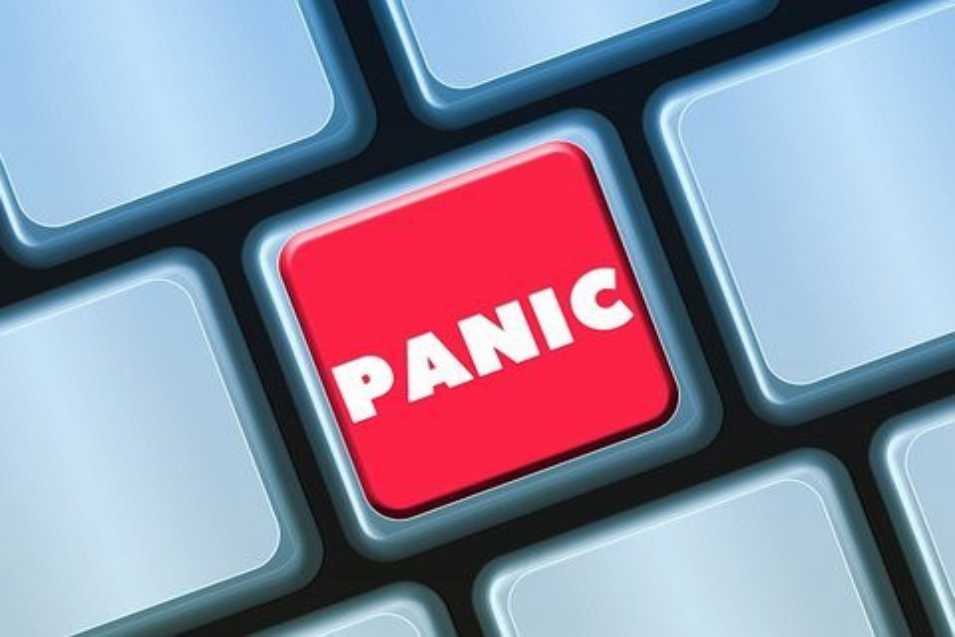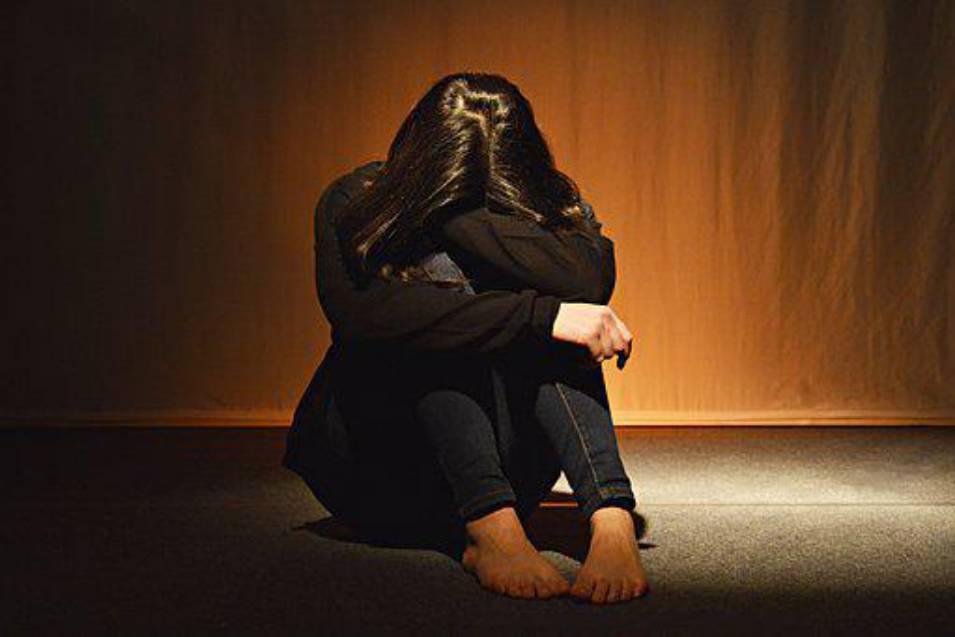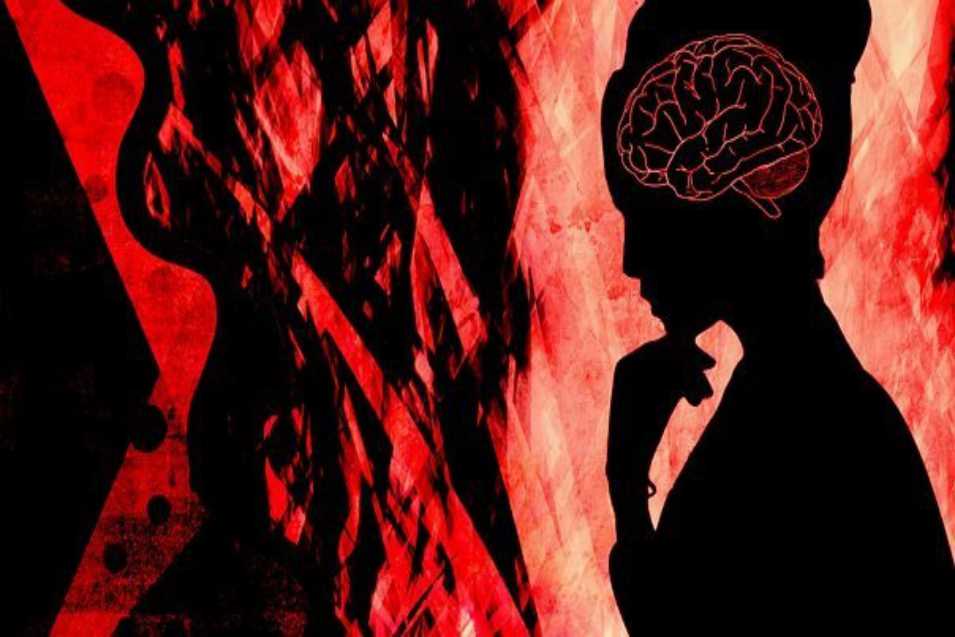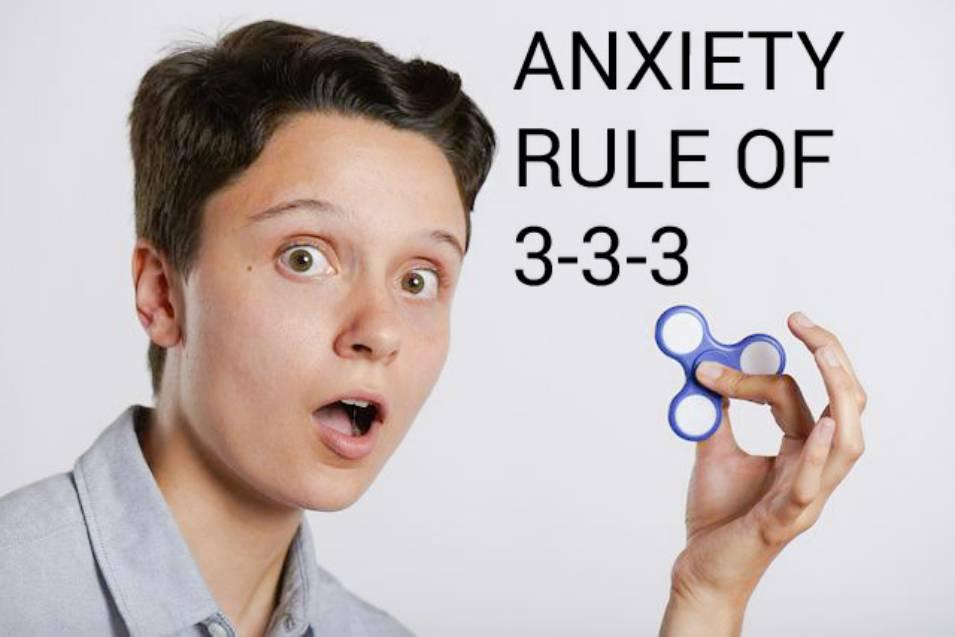Anxiety treatment can be done easily now, don’t worry. Read our article to the end, we will have many solutions. Anxiety can happen to you at some point in your life. Fear or anxiety is a standard and helpful reaction to a dangerous situation.
Fear allows us to be careful and protect ourselves when necessary in a case. Once the danger has passed, the anxiety will typically disappear. However, it may be possible to experience persistent and severe anxiety symptoms when there is no direct threat or reason.
Anxiety complaints can strongly affect your daily life. For example, you may avoid social situations if you’re afraid of being teased or going out because you’re so scared of being attacked.
What are the Symptoms of Anxiety?
The symptoms of anxiety are very diverse:
- Brief but very intense panic attacks may occur. This is often due to fear of dying or losing control. You may also experience palpitations, chest tightness, excessive sweating, shaking, and the feeling that everything is unreal.
- You may experience extreme restlessness and fear of illness. For example, there is a need to repeatedly check if the door is locked or to perform a specific action, such as hand washing.
- You may experience extreme anxiety and insecurity regarding social situations such as parties, shopping, and attending events.
- An extreme fear or panic response to a particular creature (spider or clown) or situation (altitude or fire) may occur.
- You may experience severe startle reactions, re-experiences, and irritability due to a traumatic life experience such as war, rape, abuse, or accident.
As a result of anxiety symptoms, the following more general complaints usually occur:
- Tension
- Sleep problems and fatigue
- Decreased appetite
- Feeling restless, insecure, and haunted
- Poor concentration

In some cases, anxiety symptoms are so severe that they’re called anxiety disorders. There are different types of anxiety disorders:
- Panic attack: If you have a panic disorder, you may cast high anxiety. You may also share intense feelings of anxiety, such as tremors, palpitations, fainting, or physical symptoms such as fear of going crazy.
- Agoraphobia: Agoraphobia is the fear of large crowds, open spaces, or small spaces from which it is difficult to escape.
- Hypochondria: People with this problem have fear and belief among members that they have a severe illness.
- Phobia: A phobia is a fear of certain situations or things, such as elevators, heights, driving, blood, needles, or flying.
- Social phobia: With social phobia, you fear what others think of you. Social phobia accompanies fear of certain physical events, such as blushing or trembling. Dry mouth anxiety can also be the result of this. This problem can be even more significant when ADHD and social anxiety are combined.
- Obsessive Compulsive Disorder: You suffer from recurring thoughts that worry you and lead to compulsive actions.
- Anxiety Disorder (Generalized Anxiety Disorder): With an anxiety disorder, you worry a lot. For example, you worry about all kinds of things that might happen in daily life.
- Post Traumatic Stress Disorder (PTSD): You suffer from recurring memories of scary, traumatic experiences. It’s like you’re reliving the event over and over.
What are the Causes of Anxiety?
There are many different possible causes for the development of anxiety. Check out common causes of anxiety:
- Experiencing one or more events or situations, such as an accident, divorce, loss of a loved one, or trauma.
- Seeing often that someone with an anxiety disorder in their family isn’t alone.
- Being very guarded can cause you to be afraid of many things or lack a sense of protection in adulthood.
- Vulnerability due to personal characteristics such as lack of self-confidence, high standards, or a drive for perfectionism.
- A physical illness or alcohol and drug use.
- Illnesses such as depression or addiction can also go hand in hand with anxiety.
Related Article: How to get out of a depressive episode?
How Long Does Anxiety Last?
The question ‘how long does anxiety last‘ is frequently asked by those with this problem. Anxiety attacks generally last 25 to 30 minutes. In addition, during this process, the symptoms reach the most intense level.
However, research shows that half of the people with anxiety disorders recover within 7.5 months. 39% of people didn’t improve in one year, and 30% didn’t improve within 3 years.
In conclusion, we know that it takes longer to recover from an anxiety disorder than from depression. Half of the people with depressive disorder recover within 6 months. The average duration of an anxiety disorder is greater than 15 months.

Anxiety Treatment Methods
You can go to a psychologist or psychotherapist for anxiety treatment. You and your doctor decide what is best for you. This meeting with your doctor will help you prepare well. Anxiety treatment methods consist of many different methods:
Therapy for Anxiety
You start with conversations with your therapist. The specialist asks you to think about what is causing your fear. You will receive advice on what you can do on your own to reduce anxiety.
Your therapist will teach you to live with your complaints as much as possible. The specialist will also inform your family about your anxiety disorder so that they can understand you more clearly and better understand your fears. We are also happy to offer you our anxiety therapy NYC recommendations.
Related Article: Anxiety Therapists in NYC
Information and Online Courses
You can also read books or websites and watch movies. You can also use self-help, join a group, or do an online course. You always discuss how you are doing with your therapist. It supports and guides you.
Drugs for Anxiety
Cognitive behavioral therapy works best for anxiety. But in some cases, a drug is needed for anxiety. For example, ketamine for anxiety is a new treatment option for people for whom previous treatments haven’t helped. Ketamines for anxiety stimulate the transmission of impulses from specific nerve cells in your brain and have an anti-depressant effect.
Ketamine administers in clinics nyc designated by doctors. It gives intravenously. However, some providers may also offer it through nasal sprays or other routes of administration. Generally, doses of ketamine for anxiety are given every other day for several weeks. You can always find ketamine clinic NYC.
Related Article: Is Ketamine Addictive When Used for Depression?
However, the question ‘does melatonin help with anxiety‘ comes to mind. Let’s answer right away: Absolutely yes!
Melatonin is produced in humans from serotonin in the pineal gland. This substance is a hormone released into the blood and cerebrospinal fluid at rates that vary completely according to different times of the day. This affects the sleep-wake rhythm and reproductive rhythm. In humans, natural melatonin production by the pineal gland link to light exposure of specific receptors in the retina of the eyes.
In the presence of bluish light (from sunlight or artificial light, television, or monitor), melatonin production inhibits. When light exposure decreases, natural melatonin production begins again. For the body, this is a vital sign of minimizing daytime activities and being fully prepared for the night.
In addition to all this, we recommend that you take a look at the 333 rule for anxiety.

What is the 333 Rule for Anxiety?
If you’re wondering ‘what is the 333 rule for anxiety,’ let’s explain it in detail; keep reading!
The rule of 333 for anxiety involves reacting to a panic attack. For this, look around and focus on naming 3 things you see near you. Then identify and name the 3 sounds you hear. Finally, move 3 parts of the body: The ankles, arms, and fingers.
The rule of 333 for anxiety will be very effective, especially when accompanied by deep breaths. It will have a calming effect on the anxiety and stress you may be feeling. So if your brain starts to feel panic and wanders away in strange ways, this process will bring you back to the present. It helps you recapture your mind.
In summary, if you’re searching for the best therapist NYC anxiety, you should read all the information about the problem in detail. You can solve this problem quickly with the best therapist NYC anxiety.
Related article: Holistic Psychiatry
Utilized Resources: 1. Source: https://focus.psychiatryonline.org/doi/abs/10.1176/foc.9.3.foc369
2. Source: https://www.sciencedirect.com/science/article/pii/S0140673608604882
3. Source: https://psycnet.apa.org/record/1998-06378-000
4. Source: https://psycnet.apa.org/record/1955-07511-000
